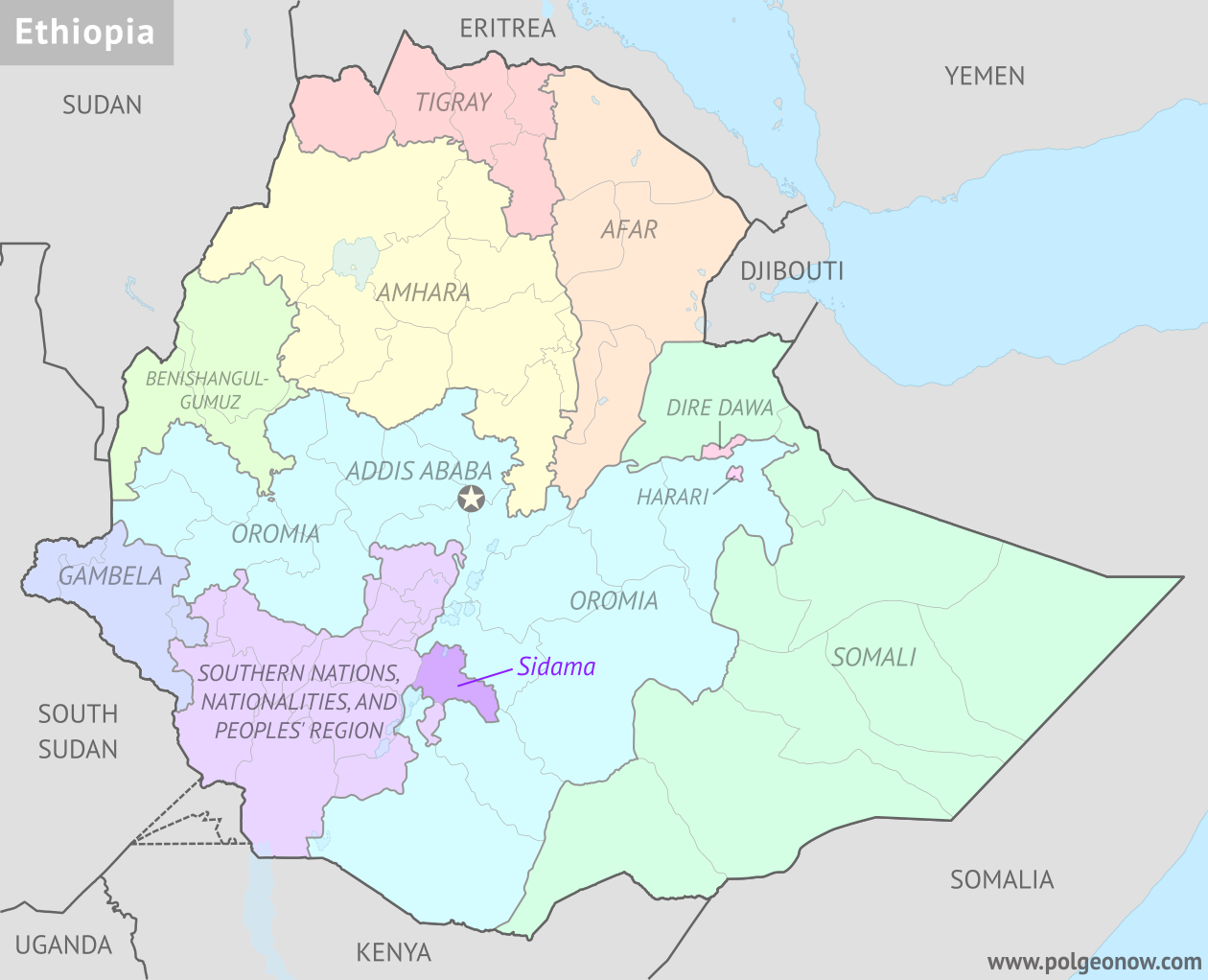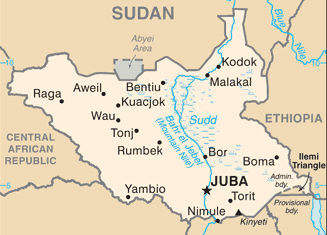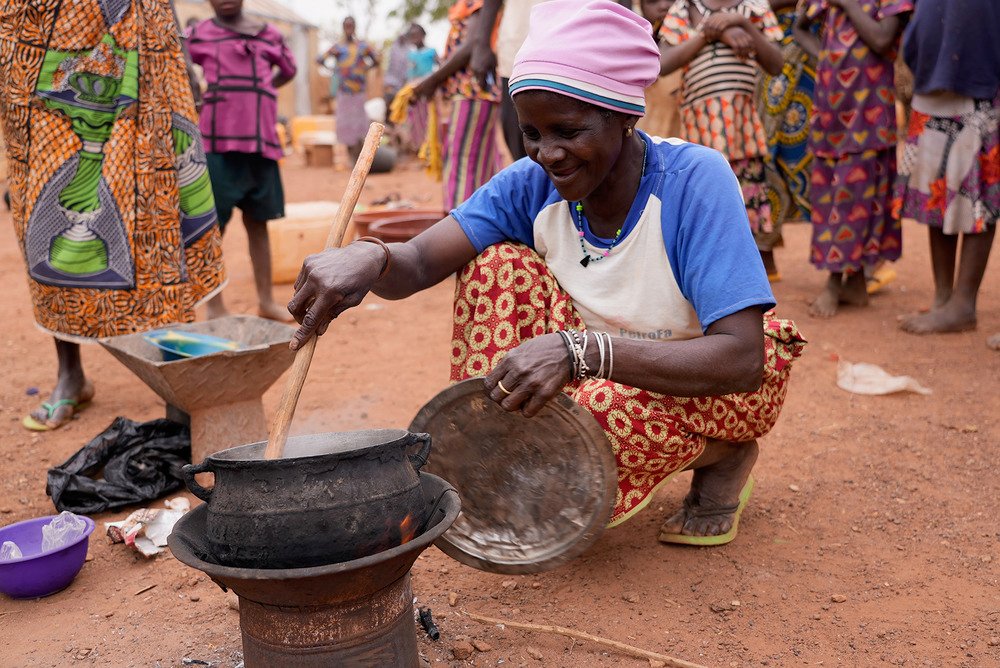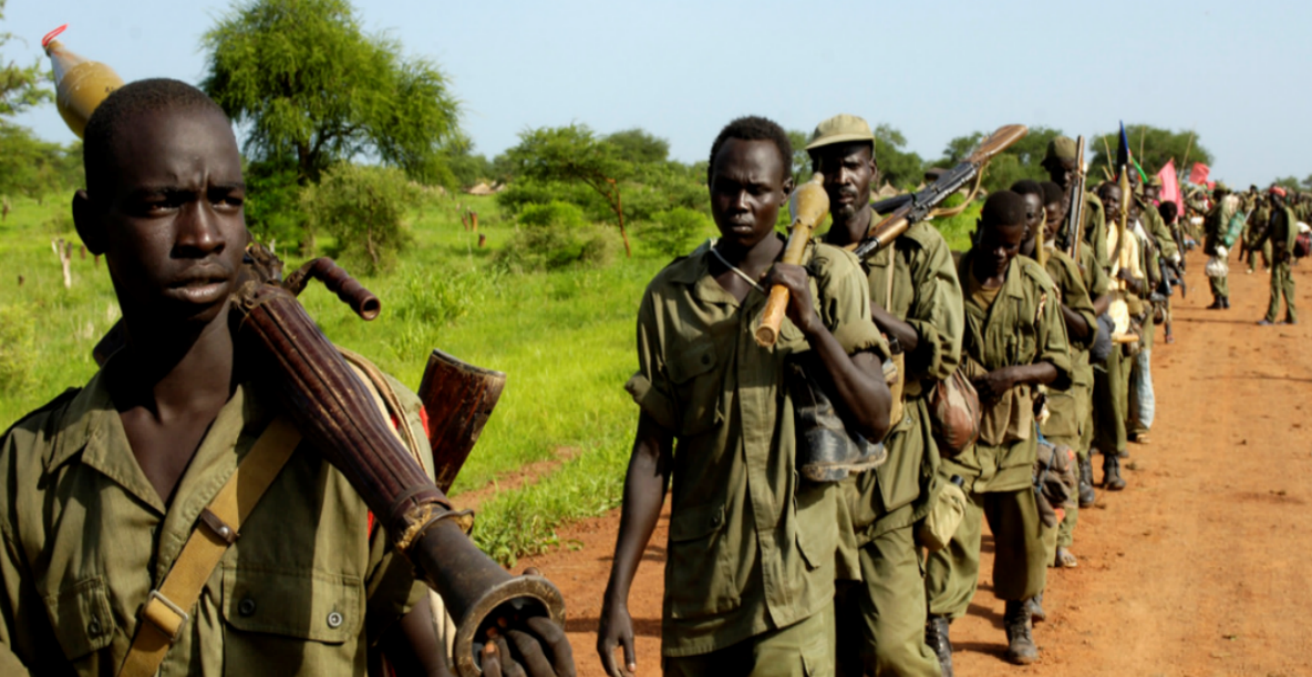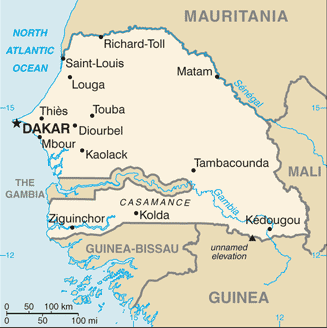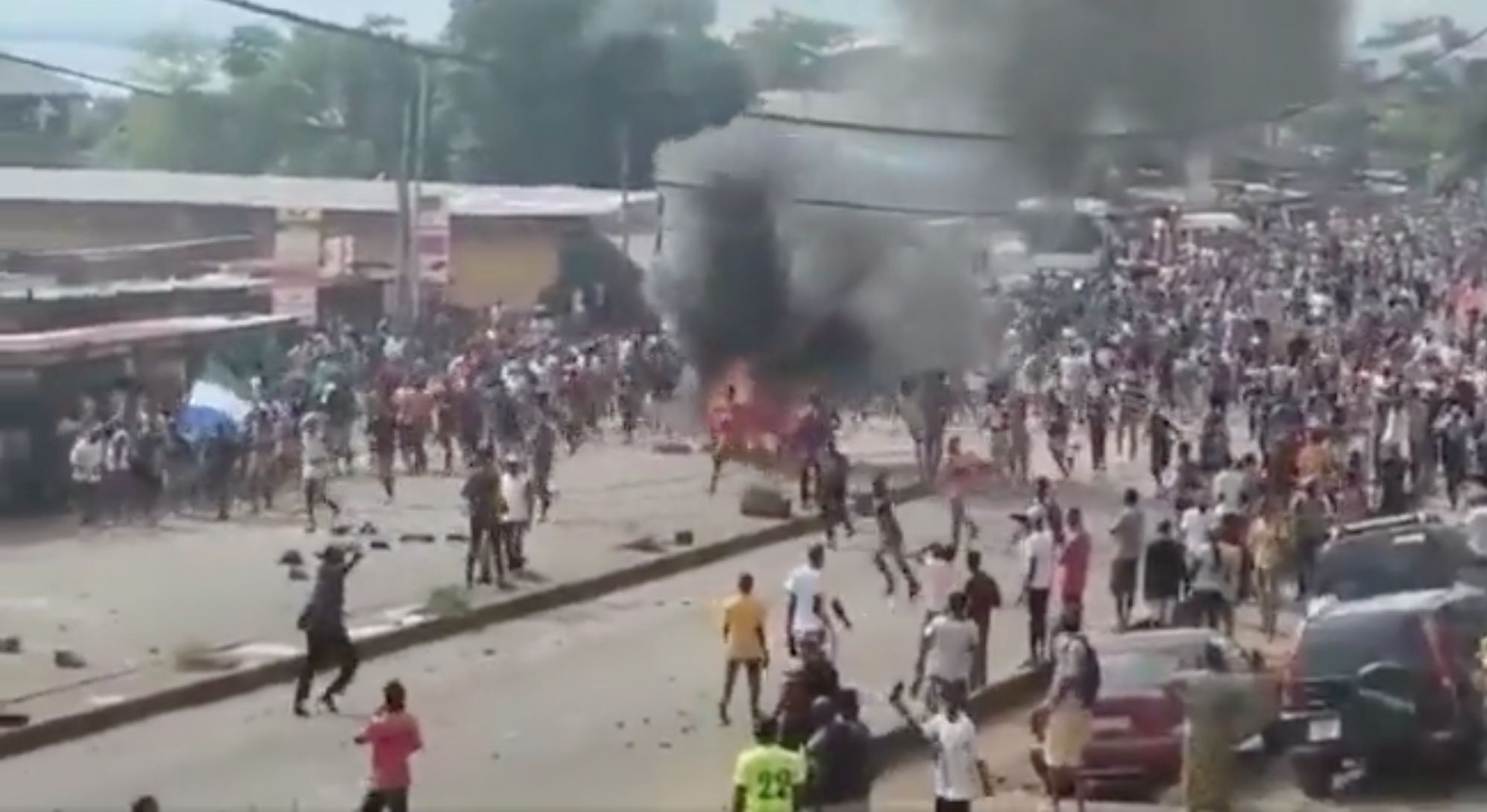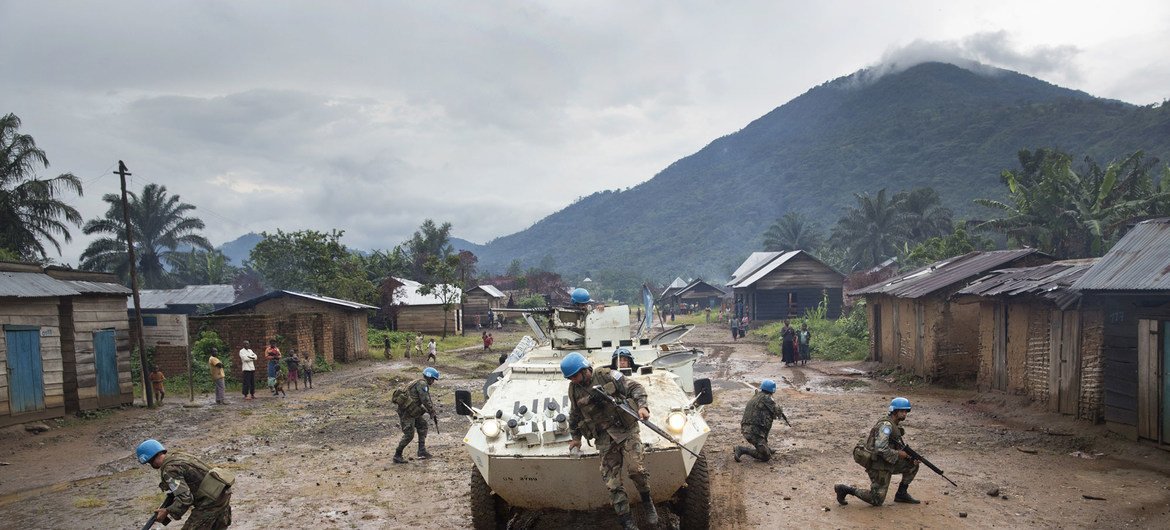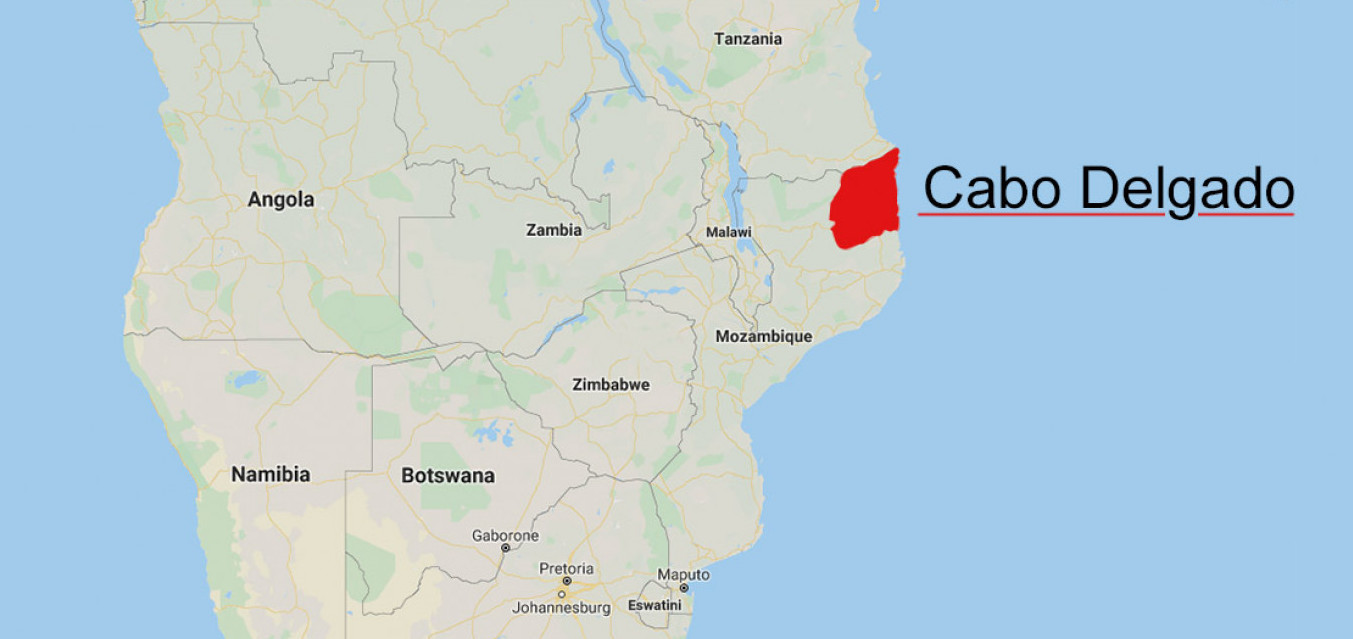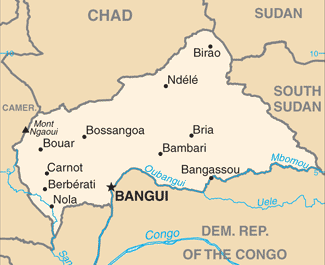
ICC war crimes trial for CAR militia leader opens
The International Criminal Court (ICC) opened a trial against Mahamat Said Abdel Kani, a leader of the Séléka rebel group, for crimes humanity and war crimes in violation of the Rome Statute. Said allegedly committed these crimes in Bangui, capital of the Central African Republic (CAR), in 2013. The Séléka carried out widespread reprisals against supporters of ousted president François Bozizé after taking the capital that year. Said pleaded not guilty to all charges. The CAR is also to carry out its own war crimes trials related to the internal conflict. (Map via Perry-Castañeda Library Map Collection)



